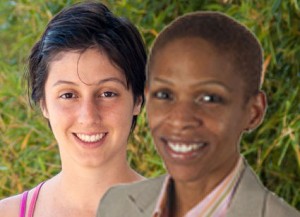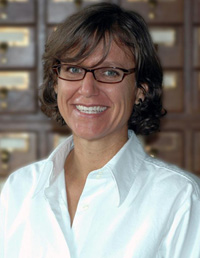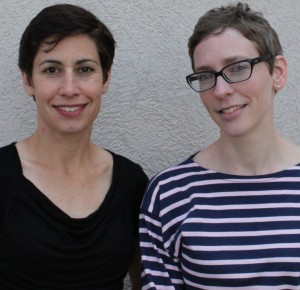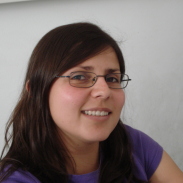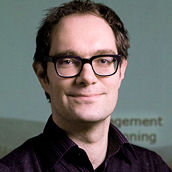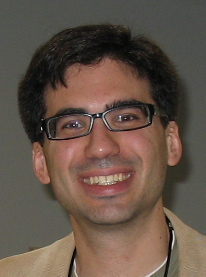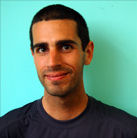
Six Silberman. Wow. This is an insight packed interview.
Currently based in New York, Six works at the intersection of art, economics, design, computing, business, sociology (this list goes on). He has come around to describing himself as a systems analyst. This extended interview traverses full cost accounting for the life cycle, our fetish for growth, the search for frameworks for thinking bigger, power relationships, working collaboratively, creating space for reflection, the role of business in society, and the probability that we are at the start of an n-dip recession as parts of a collapse (he is a co-author on an award winning paper Collapse Informatics).
Six asks how we get back to a place where we recognise the importance of managing things we fundamentally cannot measure? We discuss the importance of systems thinking and ponder whether sustainability can be considered an emergent phenomena. Finally Six tells us his plans for connecting large scale discussions of sustainability to things we can actually do.


